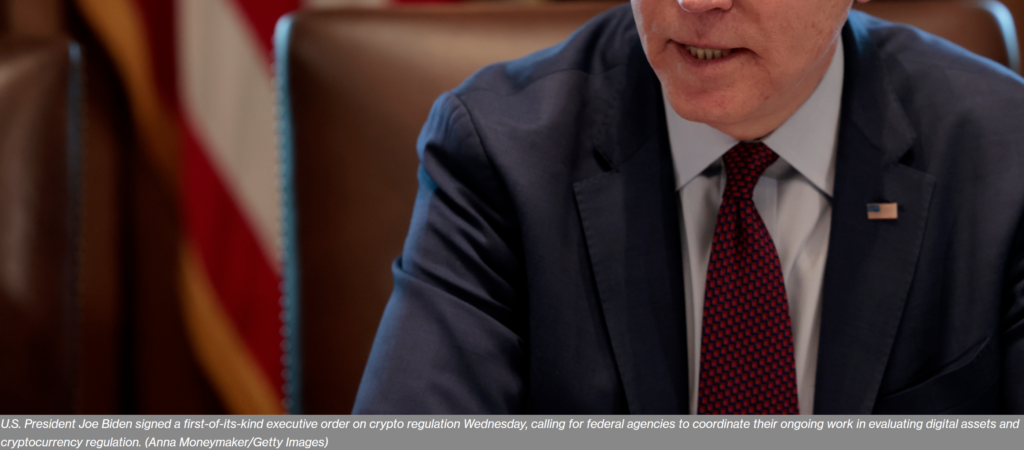G20 Ministers Say Cryptocurrencies Are Not a Threat to Global Financial Stability

Central bank governors and finance ministers representing the G20 member countries convened for the international forum’s annual meeting held in Buenos Aires, Argentina on Sunday. Established in 1999, the G20 summits are attended by the leaders of member states that collectively account for approximately 85% of the world’s gross domestic product (GDP). During the G20 meetings, its members discuss policies related to the improvement of global financial stability.
One of the main topics of discussion during this year’s G20 conferences has been the impact of cryptocurrencies on the world’s economy. Finance ministers and central bank governors at the G20 summit stated that digital currencies are not a threat to international financial stability. Therefore, the new financial technology does not pose any significant problems that need to be addressed, the G20 leaders said.
“Significant Benefits” To Crypto’s “Technological Innovations”
The conference’s participants also noted that cryptocurrencies can offer “significant benefits”, but they present a number of challenges. Notably, the G20 ministers mainly acknowledged the benefits of blockchain technology, and not necessarily those of cryptocurrencies. A report from the G20 meeting mentions that:
“technological innovations, including those underlying crypto-assets, can deliver significant benefits to the financial system and broader economy.”
However, the report further states that “crypto-assets … raise issues with respect to consumer and investor protection, market integrity, tax evasion, money laundering and terrorist financing.” Because of these potential problems, the G20 members have asked the Financial Action Task Force (FATF) to consider developing regulations for cryptocurrencies. The FATF is an intergovernmental organization tasked with combating money laundering and other types of financial crimes.
G20’s ministers and central bank governors have given the FATF an October 2018 deadline by which it needs to determine how it will address the challenges related to digital currencies. Moreover, the report from the G20 meetings asserts that decentralized “crypto-assets lack the key attributes of sovereign currencies.” This could imply that cryptocurrencies may not be considered legal tender by the G20 member states, however, this was not explicitly stated during their meetings.
G20 Members To “Remain Vigilant”
Commenting further on crypto-assets, the summit’s report says that while they “do not at this point pose a global financial stability risk, we remain vigilant.” G20 members have also consulted the Financial Stability Board (FSB), an organization focusing on the reform of global financial regulations, and will be reviewing its “further work to monitor the potential risks of crypto-assets, and to assess multilateral responses as needed.”
G20 members’ current discussions about how to approach cryptocurrencies are a follow-up to their meetings in March, when its ministers decided to gather more information about them. Although some might have expected the members to propose a regulatory framework for digital currencies by now, this has not happened yet.











Responses